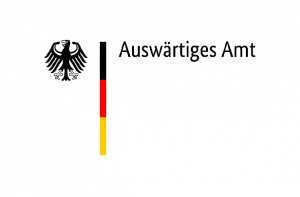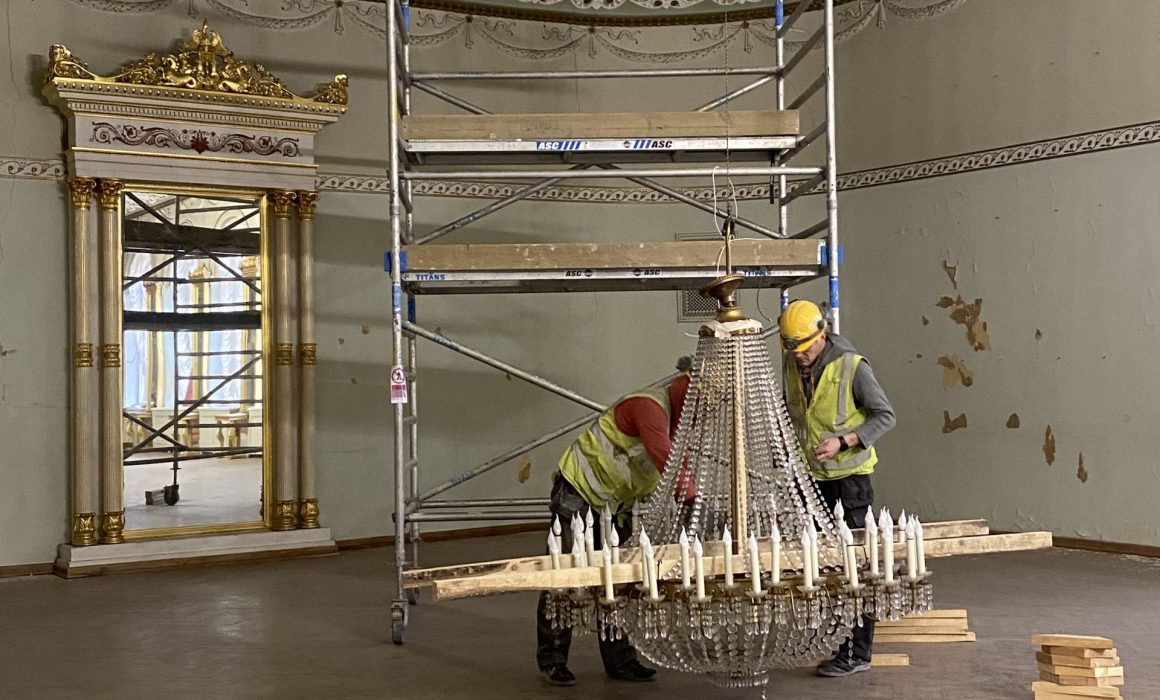Building permit for the renovation of the Wagner Theatre in Riga received
On 24 November, the Riga Richard Wagner Society (RRWS) received confirmation from the Riga City Municipality Urban Development Department – the construction project for the Wagner Theatre building has been approved and a building permit has been received.
Earlier this year, RRVB announced that work had started on the technical design of the Wagner Theatre, and now, at the end of November, the Riga City Council’s Urban Development Department has approved the building permit.
The building has already been handed over to the main builder, SBSC – demolition works are currently underway, the existing heating system is being dismantled, partition walls are being removed, windows, doors and other interior elements are being gently dismantled and will be handed over for restoration. The main construction work, which will start with the strengthening of the foundations, will start in January 2024. The detailed design of the project – planning the interior and restoration work – will continue until February. It is significant that the City Council has taken a positive decision to put the road elements into free use, which is an important contribution to the project, as nearby streets will be used and partly occupied during the construction works.
The restoration of the Wagner Theatre will bring a number of important benefits, not only in terms of the diversity and accessibility of cultural events for the people of Latvia, but also in terms of strengthening the image of Riga and Latvia as a cultural centre and the link with Richard Wagner, who was Kapellmeister at the House for two years (1837-1839). The project will not only renovate the building and the theatre hall, but will also create masterclasses and a Richard Wagner museum. The house will realise Wagner’s vision of “GesamtkunstWerk21″ – an incubator for all art forms that will become an international centre for young artists worthy of the 21st century.
Last year, the main contractor, SBSC, was selected through a public tender process, with Sarma un Norde Arhitekti as the main designer, and Būves un Būvsistēmas SIA as the engineer and construction supervisor. Zaiga Gailes birojs” has been hired as a subcontractor for the architectural and interior design. Experts from other countries have also been brought in – for example, theatre technology solutions are being developed by Theater Advies from the Netherlands, while Nagata Acoustics, headed by Yasuhisa Toyota, are acting as consultants on theatre acoustics, having been involved in the design of the Elba Philharmonic and Paris Philharmonic, as well as many other notable projects.
The project “Reduction of greenhouse gas emissions at the Riga Wagner House”, 4 Riharda Wagner Street, Riga, LV-1050, by renovating and restoring the Riga Wagner House” is supported by the Emissions Trading Instrument, the German Ministry of Foreign Affairs, the German Embassy in Riga and the Riga City Council.





